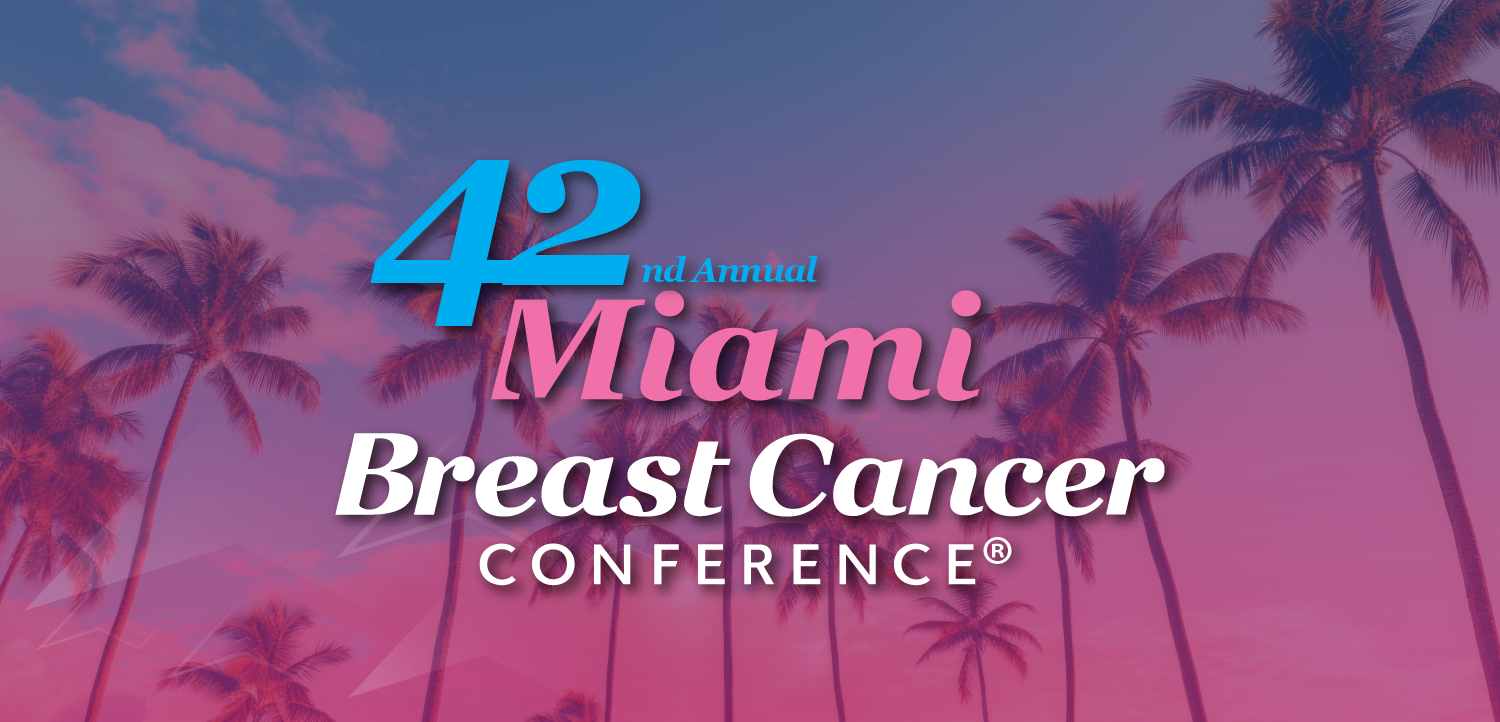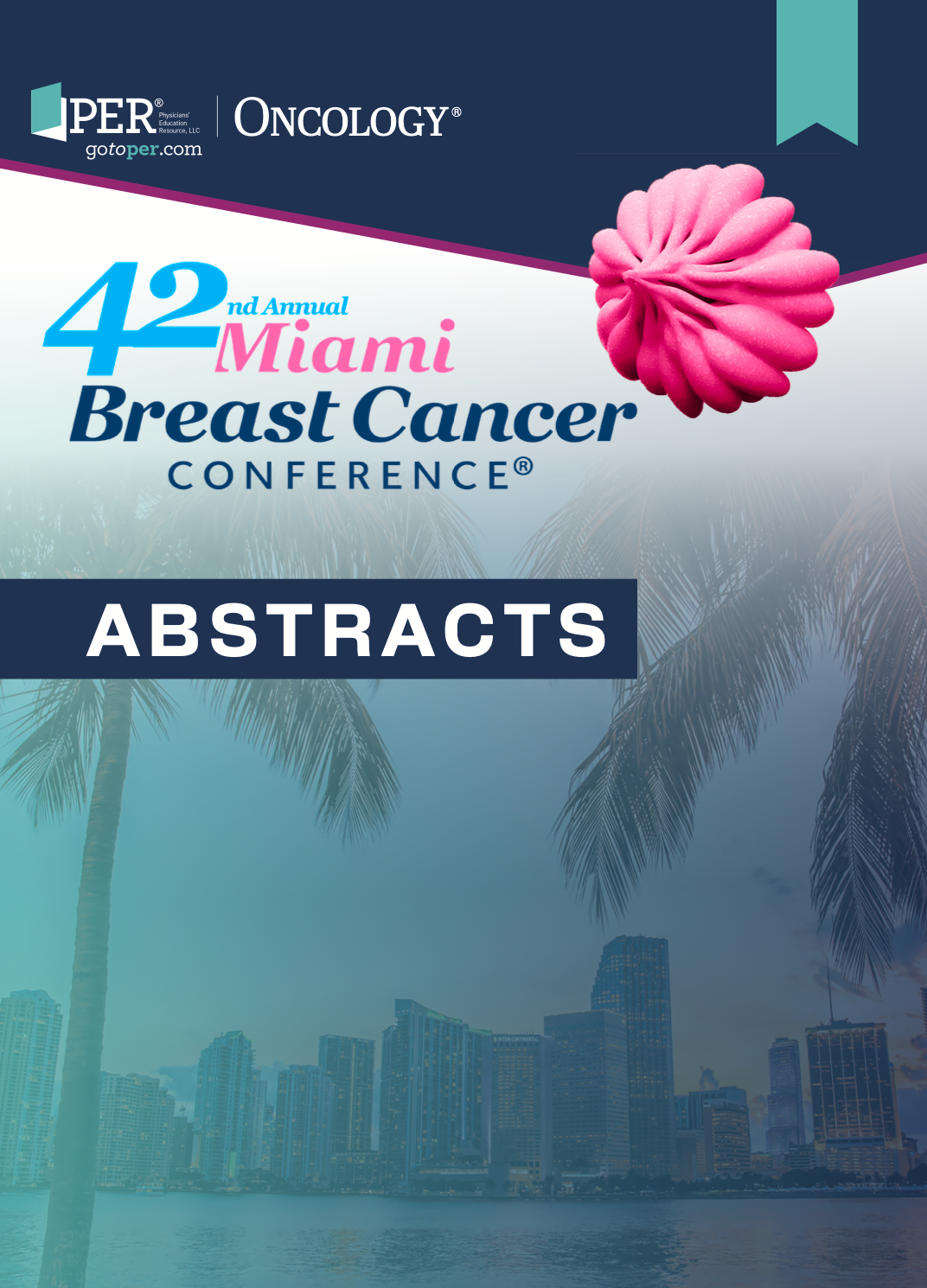73 Short- and Long-Term Outcomes in Use of Titanium-Coated Polypropylene Meshes in Immediate Breast Reconstruction: A Cost-Effective and Safe Option?
73 Short- and Long-Term Outcomes in Use of Titanium-Coated Polypropylene Meshes in Immediate Breast Reconstruction: A Cost-Effective and Safe Option?

Background/Significance
Implant-based reconstruction (IBR) is a common method of reconstruction following mastectomy for invasive cancer or ductal carcinoma in situ (DCIS). Biological and synthetic meshes allow implant stabilization and improve cosmetic outcome. Biological meshes, such as acellular dermal matrices (ADMs), are widely used but come with significantly higher costs (up to 6-fold vs synthetic meshes), without clear evidence proving their superiority. TiLoop, a titanized synthetic mesh, may offer a more cost-effective option with promising outcomes. This study aimed to audit both short- and long-term outcomes of immediate IBR using TiLoop mesh in a UK unit and compare these results with UK national standards.
Materials and Methods
A retrospective review of case notes was conducted of patients who underwent immediate IBR with TiLoop mesh between 2014 and 2017. Clinicopathological data, including age, body mass index (BMI), smoking status, and adjuvant treatments, were collected. Postoperative complications were documented and compared with UK national standards for immediate IBR, including those from the iBRA study and the Brighter study. Primary end points were early postoperative complications (within 90 days), with secondary end points focusing on long-term complications and implant loss.
Results
Thirty-seven patients were identified, with a median follow-up of 95 months (range, 80-117). The median age was 47.5 years (range, 27-68) and the median BMI was 24 (range, 19-36). Eight patients (20%) were smokers and 12 (27%) received adjuvant radiotherapy. Mastectomy and IBR were performed for cancer or DCIS in 30 patients (82%) and for risk reduction in 7 patients (18%). In the first 90 days, 1 patient (2%) developed an infection, 2 patients (4%) required a return to theatre, and 1 patient (1%) lost their implant. Long-term follow-up revealed that 9 patients (20%) required revisional surgery, mainly due to capsular contracture, and 3 patients (7%) permanently lost their implants. Five patients (11%) converted to autologous reconstruction.
Conclusion
Our cohort demonstrated early complication and revision rates comparable to UK national standards for immediate implant-based reconstruction. Initial data from this audit suggest that TiLoop, a synthetic mesh, offers a cost-effective and safe alternative to biological meshes for prepectoral IBR. Ongoing data collection in this cohort will add to data confirming its long-term efficacy and cost-effectiveness.
